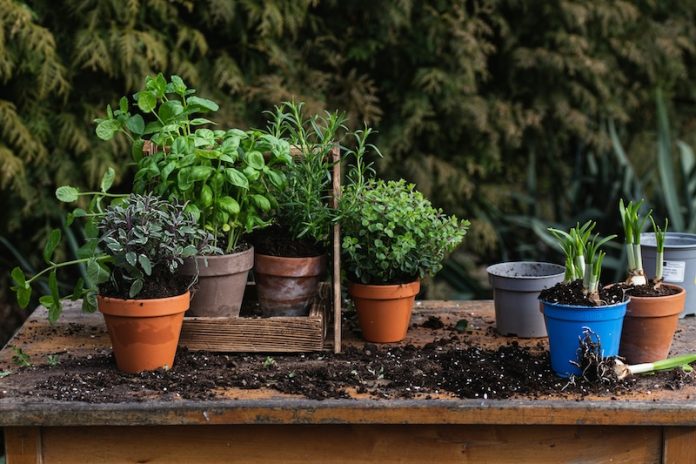
High blood pressure, or hypertension, is a common health issue that can lead to serious problems like heart disease and stroke. Many people use medication to manage their blood pressure, but some also turn to herbal supplements as a natural alternative.
Herbal supplements are made from plants and have been used for centuries in traditional medicine. However, it’s important to understand both the potential benefits and risks of using these supplements for high blood pressure.
One of the most commonly used herbal supplements for high blood pressure is garlic. Garlic has been studied extensively for its health benefits, including its ability to lower blood pressure.
Research suggests that garlic can help relax blood vessels and reduce the force of blood against artery walls. A study published in the journal BMC Cardiovascular Disorders found that taking garlic supplements significantly reduced blood pressure in people with hypertension.
The researchers noted that the effects were similar to those of some standard blood pressure medications.
Hibiscus tea is another popular herbal remedy for high blood pressure. Hibiscus contains antioxidants that can help reduce inflammation and lower blood pressure.
A study in the Journal of Nutrition found that drinking hibiscus tea lowered systolic blood pressure (the top number in a blood pressure reading) by an average of 7 points in people with mildly high blood pressure.
This effect is thought to be due to the tea’s ability to dilate blood vessels and improve blood flow.
Another herb, hawthorn, has been used in traditional medicine to treat heart-related issues, including high blood pressure. Hawthorn is believed to help by widening blood vessels and improving blood flow.
Some studies, such as one published in Phytomedicine, have shown that hawthorn extract can lower blood pressure in people with mild hypertension. However, the evidence is not as strong as for garlic and hibiscus, and more research is needed to confirm these findings.
While herbal supplements can offer benefits, they also come with risks. One major concern is that the quality and potency of herbal supplements can vary widely.
Unlike prescription medications, herbal supplements are not regulated by strict standards, so it’s possible to get a product that is contaminated or not as potent as advertised. This lack of regulation can lead to inconsistent results and potential safety issues.
Another risk is that herbal supplements can interact with prescription medications. For example, garlic can thin the blood, which might be dangerous for people taking blood-thinning medications like warfarin. This interaction can increase the risk of bleeding.
Similarly, hawthorn can interact with certain heart medications, potentially leading to dangerous drops in blood pressure or heart rate. It’s essential to talk to a healthcare provider before starting any herbal supplement, especially if you are already taking medication for high blood pressure.
In some cases, herbal supplements can cause side effects. Garlic, for example, can cause digestive issues, bad breath, and allergic reactions in some people. Hibiscus tea may lower blood pressure too much if consumed in large quantities, leading to dizziness or fainting.
Hawthorn can cause nausea, headache, and dizziness. These side effects highlight the importance of using herbal supplements with caution and under the guidance of a healthcare professional.
It’s also worth noting that herbal supplements should not be used as a replacement for prescribed blood pressure medications without a doctor’s approval. While herbs like garlic and hibiscus can help lower blood pressure, they may not be sufficient on their own for people with severe hypertension.
Combining herbal supplements with a healthy diet, regular exercise, and prescribed medications is often the best approach to managing high blood pressure.
In conclusion, herbal supplements like garlic, hibiscus, and hawthorn can offer benefits for managing high blood pressure. They have been shown to help lower blood pressure and improve heart health in some studies.
However, these supplements also come with risks, including variability in quality, potential interactions with medications, and side effects.
It’s crucial to consult with a healthcare provider before using herbal supplements to ensure they are safe and appropriate for your individual health needs. With proper guidance, herbal supplements can be a helpful addition to a comprehensive blood pressure management plan.
If you care about blood pressure, please read studies that black licorice could cause dangerous high blood pressure, and this common plant nutrient could help reduce high blood pressure.
For more information about blood pressure, please see recent studies about how coffee influence your risk of high blood pressure, and results showing this olive oil could reduce blood pressure in healthy people.
Copyright © 2024 Knowridge Science Report. All rights reserved.



